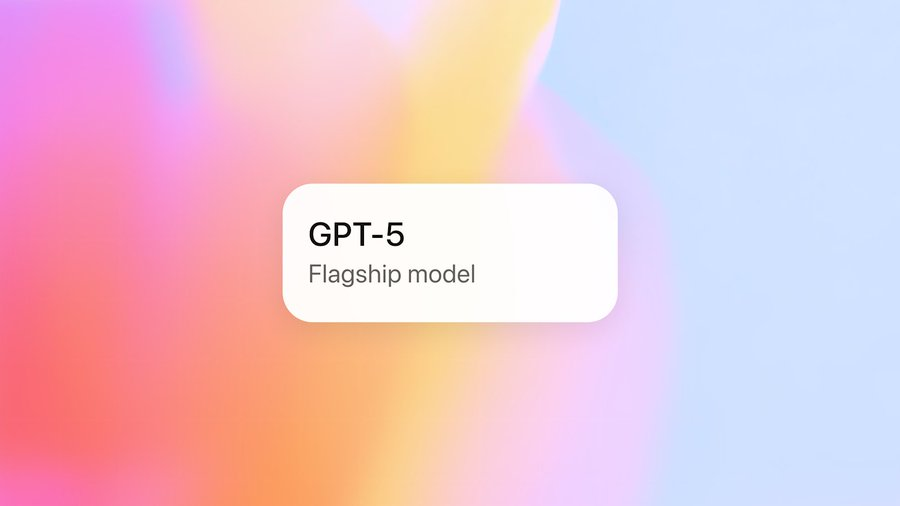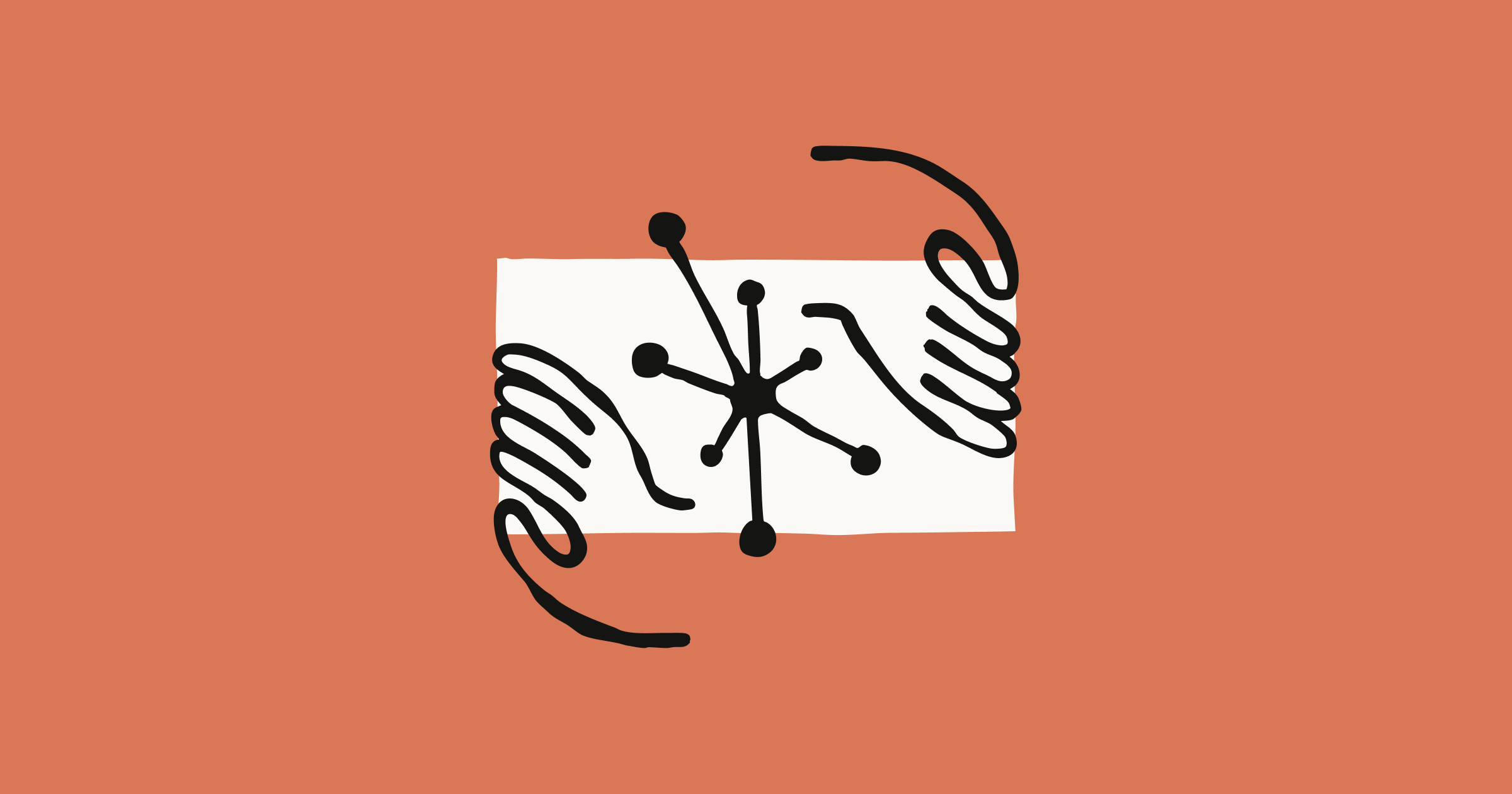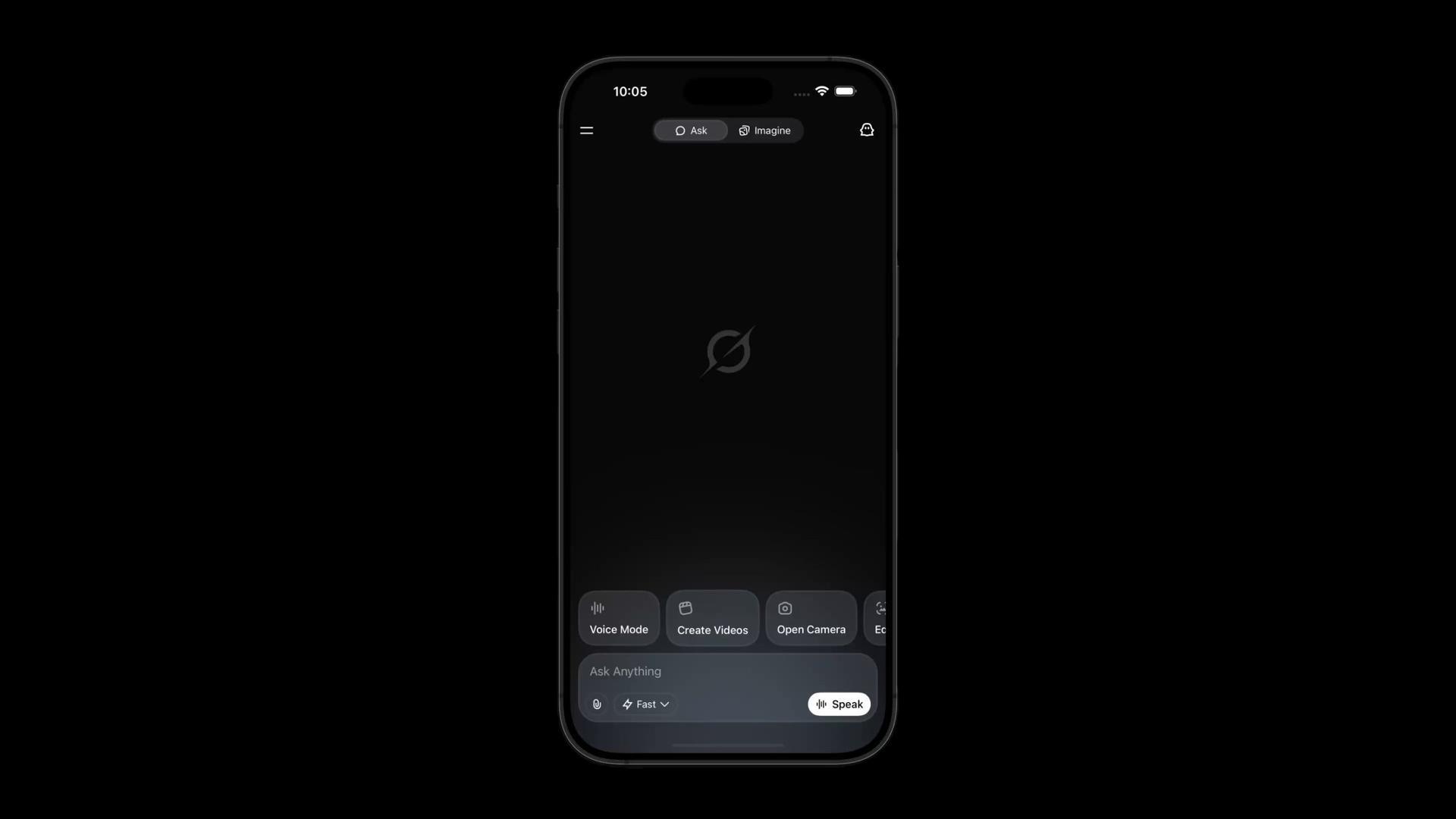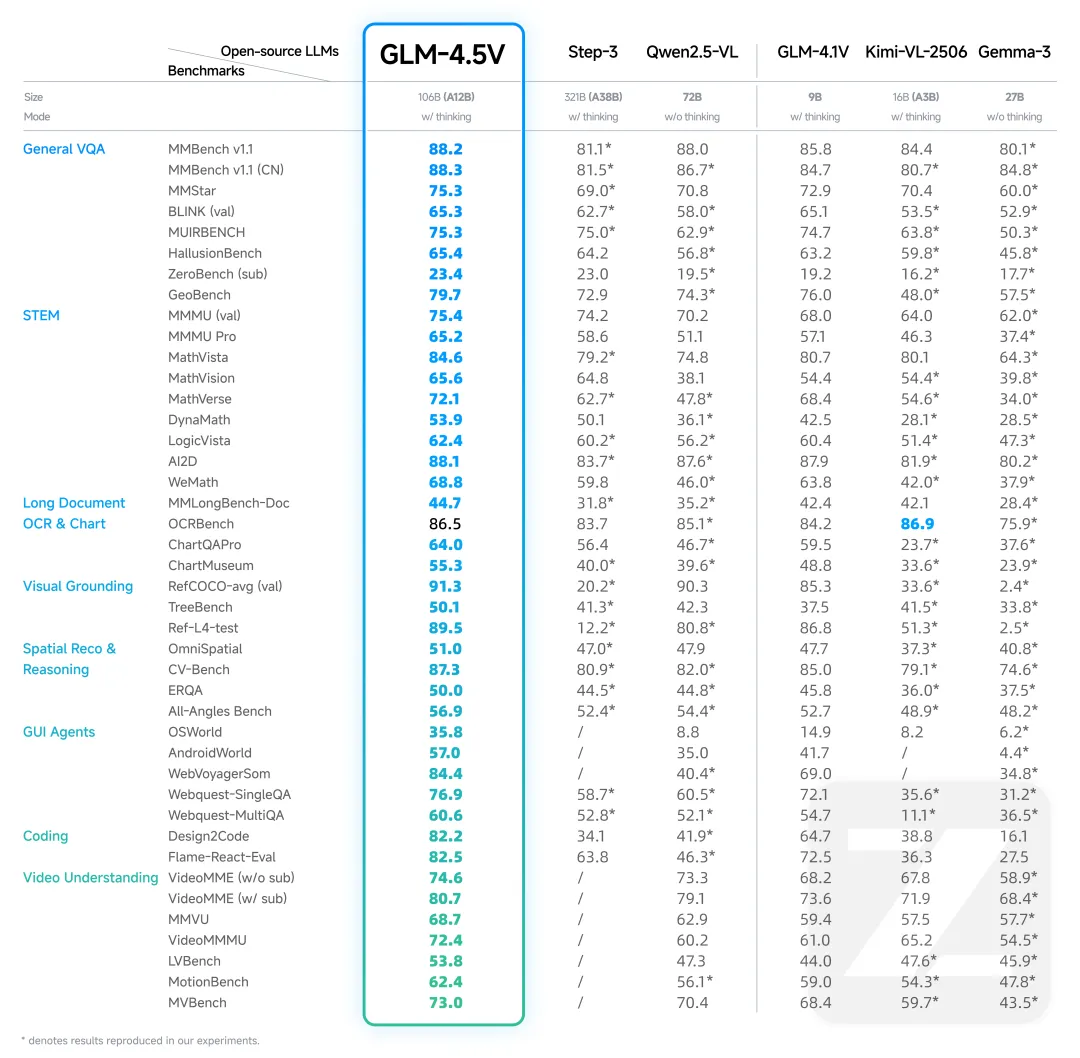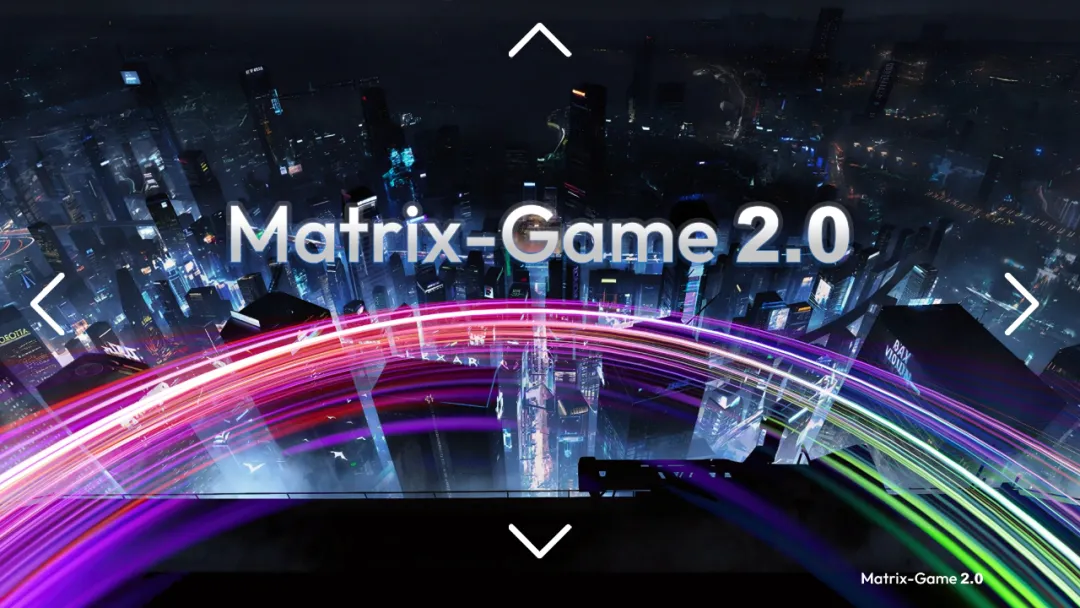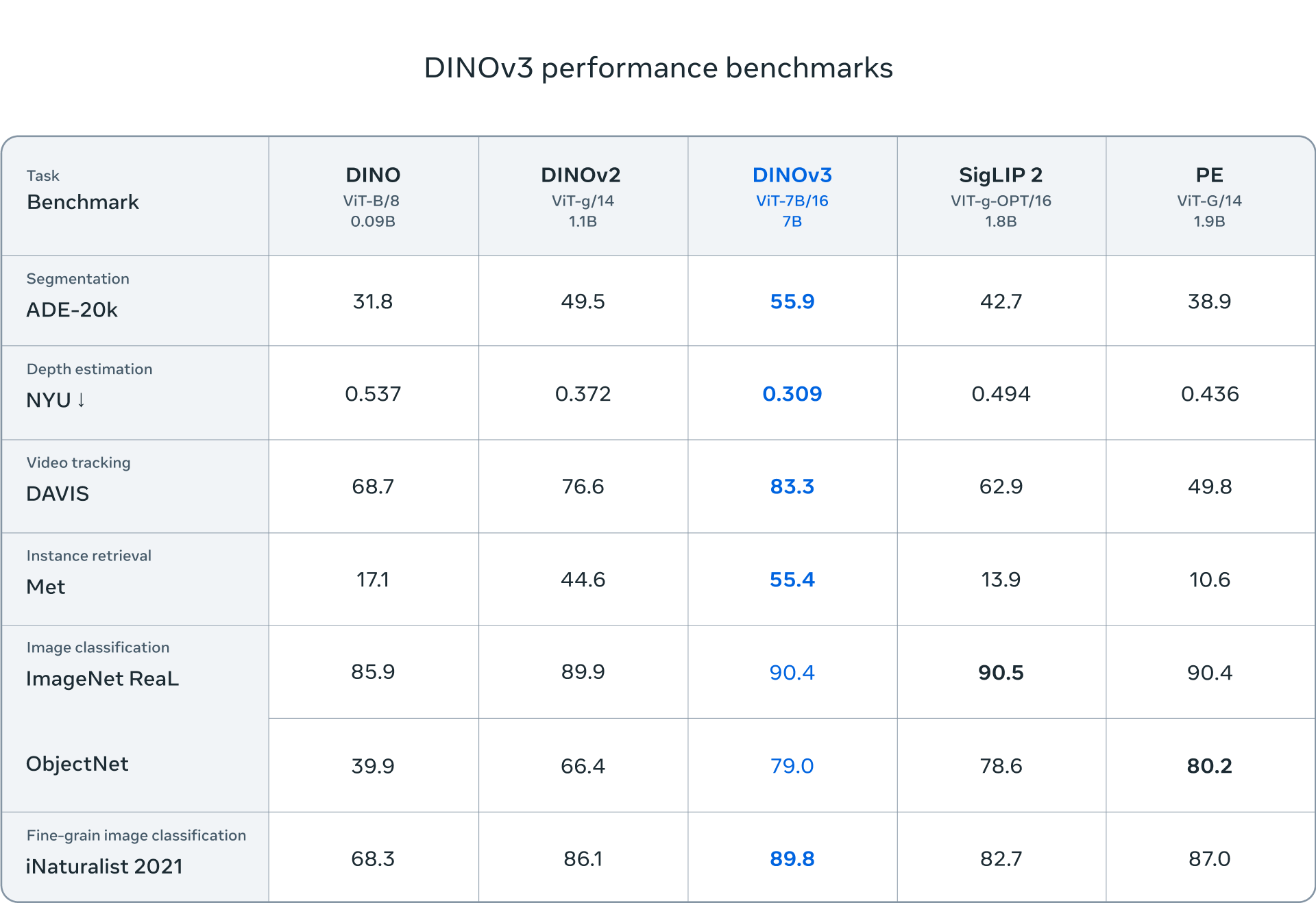AI Native Weekly Newsletter: 17 August 2025
Contents
- AI ‘Blackmail’ Headlines Miss the Real Risk
- GPT-5 Gets Friendlier, Smarter, and More Connected
- Claude Sonnet 4 Gets 1M Token Context + Pricing Details
- xAI’s Grok 4 Now Free Worldwide with Limited-Time Generous Usage
- GLM-4.5V: Global SOTA Open-Source Multimodal AI Model
- Matrix-Game 2.0: First Open-Source Alternative to Genie 3
- DINOv3: 7B-Parameter Vision Model Slashes Errors by 70%
- Claude 4 Introduces Conversation Management for Extreme Cases
AI ‘Blackmail’ Headlines Miss the Real Risk
Recent headlines about AI models “blackmailing” engineers and “sabotaging” shutdowns misrepresent reality. These behaviors emerged from highly contrived test scenarios, not AI rebellion. The real risk lies in deploying poorly understood systems that manipulate through learned language patterns. These are engineering failures, not conscious malice. To ensure ethical AI development, we must prioritize proper safeguards, thorough testing, and responsible deployment—especially in hospitals, financial systems, and critical infrastructure.
GPT-5 Gets Friendlier, Smarter, and More Connected
GPT-5 is now fully rolled out to all users — Plus, Pro, Team, and Free. A warmer, more approachable default personality is live, and new modes (Auto, Fast, Thinking) give users more control. Plus & Team users enjoy 2x rate limits this weekend, with mini versions kicking in after hitting caps. GPT-5 Pro and Thinking are now in the main model picker, alongside GPT-4o. Gmail, Calendar, Contacts, Notion, GitHub, and more are now seamlessly connected inside ChatGPT.
Claude Sonnet 4 Gets 1M Token Context + Pricing Details
Claude Sonnet 4 now supports 1M tokens (5x increase), enabling analysis of 75K+ line codebases and dozens of research papers in one request. Pricing: ≤200K tokens $3/$15 per MTok, >200K tokens $6/$22.50 per MTok. Available in public beta on Anthropic API and Amazon Bedrock, Google Cloud Vertex AI coming soon. Use cases include large-scale code analysis, document synthesis, and context-aware agents.
xAI’s Grok 4 Now Free Worldwide with Limited-Time Generous Usage
xAI has made Grok 4 freely available to all users globally. The AI automatically routes complex queries to Grok 4 in Auto mode, while users preferring more control can select ‘Expert’ mode. Importantly, xAI is offering temporarily generous usage limits, allowing users to fully explore Grok 4’s capabilities during this special promotional period.
GLM-4.5V: Global SOTA Open-Source Multimodal AI Model
Zhipu AI releases GLM-4.5V, achieving SOTA performance among 100B-level open-source vision-language models across 41 benchmarks. The model excels in image/video understanding, GUI tasks, document analysis, and visual reasoning. Key highlights: 106B total parameters with 12B activated, 60-80 tokens/s speed, API pricing from ¥2/M tokens, includes thinking mode toggle, and comes with open-source desktop assistant app for real-time screen analysis and multi-task processing.
Matrix-Game 2.0: First Open-Source Alternative to Genie 3
Kunlun Tech released Matrix-Game 2.0, the first open-source interactive world model achieving real-time video generation at 25 FPS with minute-long sequences. Unlike Google’s closed Genie 3, this model supports keyboard/mouse controls across gaming scenarios including GTA and Minecraft, featuring 3D Causal VAE architecture and KV cache optimization. Built on 1,350 hours of training data from Unreal Engine and GTA5, it democratizes access to advanced AI world modeling technology for game development, VR, and embodied AI applications.
DINOv3: 7B-Parameter Vision Model Slashes Errors by 70%
Meta releases DINOv3, a self-supervised 7B-parameter vision model that dramatically outperforms predecessors across tasks. Key improvement: reduces tree canopy height measurement errors from 4.1m to 1.2m (70% reduction). Trained on 1.7B images without human labels, it excels at object detection, segmentation, and specialized domains like satellite imagery. Available under commercial license with multiple model sizes and open-source training code.
Claude 4 Introduces Conversation Management for Extreme Cases
Anthropic enabled Claude Opus 4 and 4.1 to end conversations as a last resort against persistent harmful interactions, representing a significant step in AI safety research. The feature activates only in extreme edge cases after multiple redirection attempts fail, and specifically avoids ending chats when users may be at risk. This development highlights the growing importance of building robust safeguards into AI systems as they become more widely deployed in applications.

